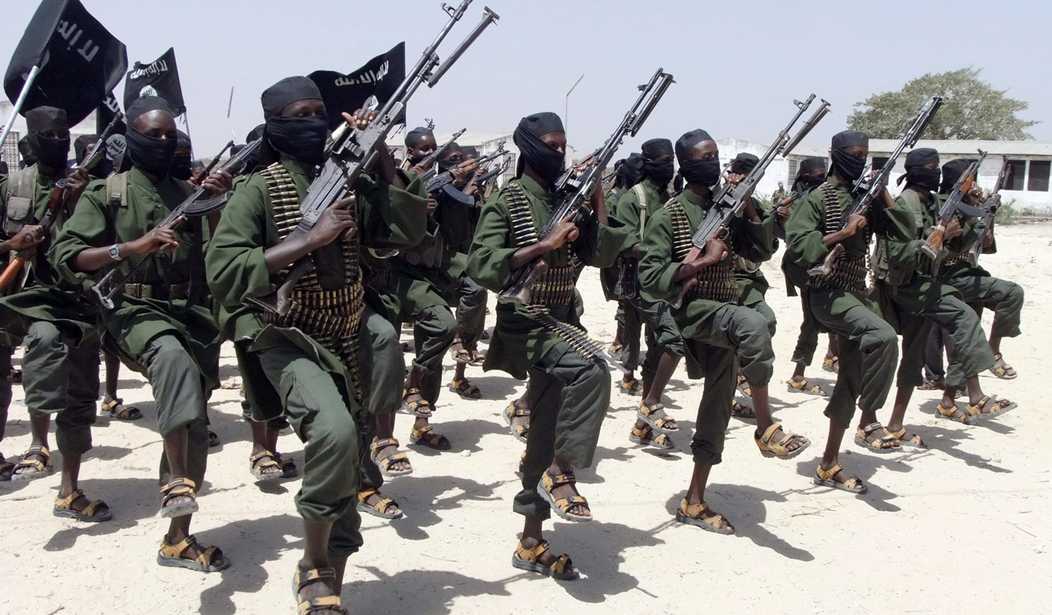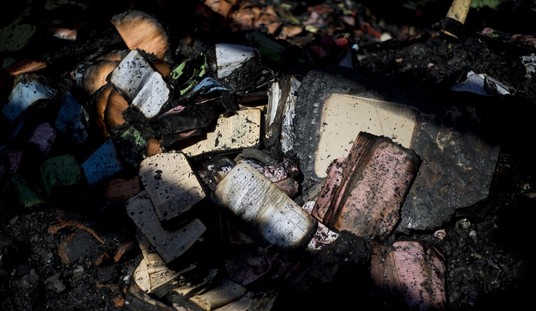WASHINGTON – Gangster rap lyrics can often be used to provide clues and tips in pursuing charges and arrests against criminals, a Chicago gangs detective told a House panel on Thursday.
“It certainly helps,” Marc Vanek, a board advisory member for the Illinois Chapter of the Midwest Gang Investigators Association, said Thursday. “It is not the nail in the coffin per se, but it definitely helps listening to lyrics, how they’re talking. There are usually lots of tips and clues that are involved in those songs, and then we basically kind of expand out from that and investigate those types of crimes.”
Vanek in his testimony before the House Judiciary Committee’s subcommittee on crime, terrorism, homeland security and investigations described an “ever-growing gangster rap culture.” He said gang members posing as artists have been responsible for an abundance of gang shootings and murders linked to violent songs released on YouTube and other social media sites.
Vanek cited a recent example reported in the Chicago Tribune, in which a 13-year-old repeatedly filmed music videos while smoking and driving fancy cars, rapping about “hollow points and .38 caliber guns.” The rapper drew attention when he threatened the life of a third-grader, Vanek wrote. When these individuals earn record contracts, Vanek added, the funds are often used to carry out criminal activity.
“Many also utilize money from record contracts to purchase weapons and vehicles and to further expand their gang’s image or territory,” Vanek wrote. “These type of gang members still live the violent gang member lifestyle regardless of the fame or monetary achievement.”
Much of Thursday’s discussion circled around gang involvement in human sex trafficking. Capt. Chris Marks of the Los Angeles County Sheriff’s Department was asked if underage prostitution is a problem with the domestic population and the immigrant population. He said it’s mostly the former.
“Where we see foreign victims is generally when we get into illicit massage businesses, but to answer your question, it’s a homegrown problem,” Marks said.
Though it’s been commonly reported that the victims of sex trafficking are usually around 13 years old and female, Marks said that in L.A. law enforcement is usually dealing with the 15- to 17-year-old age range. Marks added that underage prostitution is “frighteningly prevalent.”
“Literally the more we look, the more we find,” he said. “Every time we go online and advertise, either as an underage girl, we get all kinds of reactions and interactions from people wanting to be sex traffickers for those girls.”
The captain explained that in preparation for Thursday’s hearing his office was conducting research over social media sites, and within an hour a sheriff’s deputy posing as an underage girl had scheduled a meetup with a potential pimp. The individual was arrested a few hours later.
“It’s basically an everyday occurrence,” Vanek said.
In terms of gang activity, Rep. Karen Bass (D-Calif.) said that there is too much focus on law enforcement and incarcerating individuals and not enough on addressing the root causes. She said that certain communities are viewed as hopeless and so police simply arrest everyone, lock them up and the cycle continues.
“We lock people up. They come home, and what we don’t realize is that then we have communities that have an overconcentration of people who go in and out of prison, which actually kind of continues the cycle of violence,” she said, noting that the issue may be a conversation for a future hearing.









Join the conversation as a VIP Member